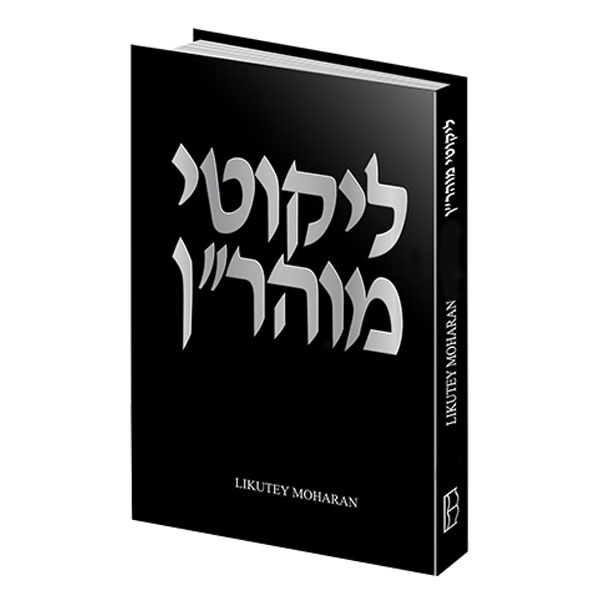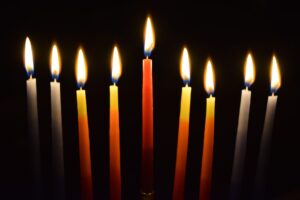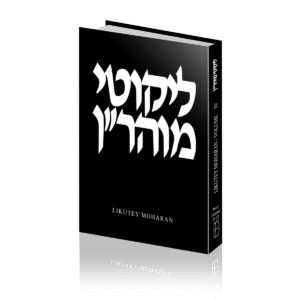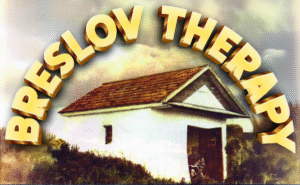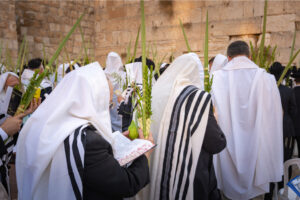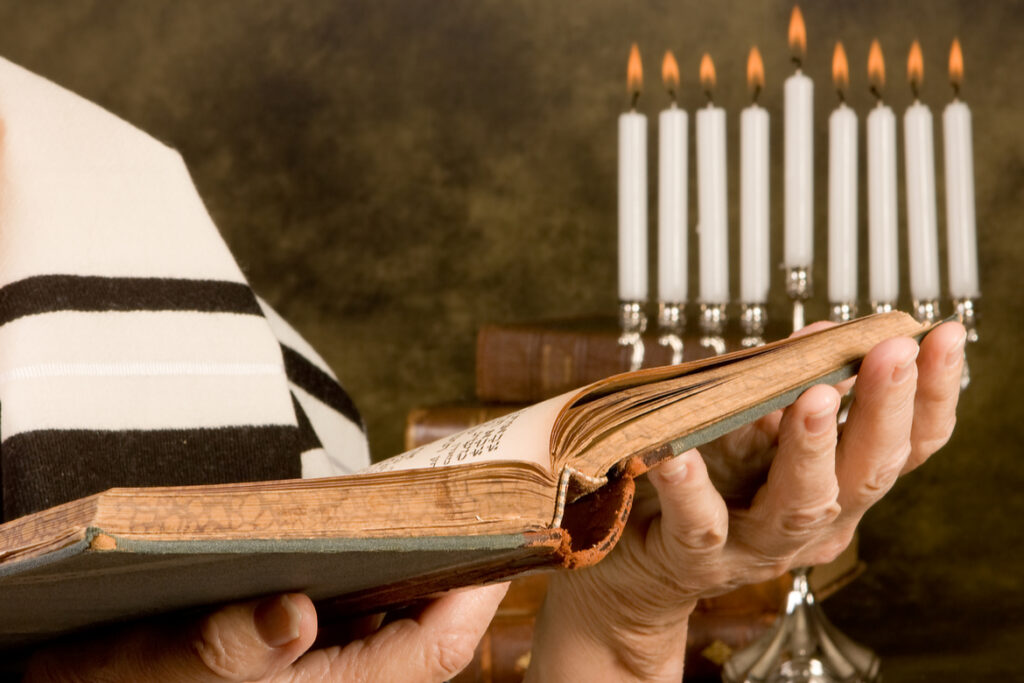Weekly Likutey Moharan – Reb Moshe Rubin – Lesson 7 – Part #1
Some of the concepts discussed in this Torah include:
- We discussed the relationship of concepts, including: Emunah, Tefillah, Nissim, Eretz Yisroel, Yaakov Avinu (and the 12 Shevatim), and Moshiach, contrasted with Mitzryaim (inclusive of exiles, generally) and belief in ‘natural causes’ in lieu of acknowledging Hashem’s involvement in the world.
(Further in the Torah, we will discuss Emes and attachment to Tzaddikim as well as the Kabbalas Hatorah and the Mitzva of Tzitzis)
Galus is a function of a lacking in Emunah.
To bring geulah, one must foster Emunah through prayer, which is most accessible in Eretz Yisroel. This is in the same vein as ‘nissim’ which focus on the dynamic relationship with the Ribbono Shel Olam, as opposed to focusing on the ‘natural’ surface deep explanations for phenomena (perhaps this may include politics and the like as well). When Rachmana litzlan we turn our focus away from Emunah and nissim as manifest in Eretz Yisroel, we in turn descend into galus. - How can we merit Emunah?
One can only reach towards Emunah through Emes/truth i.e. (my understanding: Emunah bridges a gap that is founded on Emes and begins where our attachment to Emes leaves us needing a bridge. This is analogous to one who makes a perfectly rational decision to place faith in a medical professional after full due diligence, verifying credentials, relevant experience and references, and has experience working with the doctor professionally and personally. Contrast this with giving over the reins of decision making to an unknown which is simply irresponsible and foolish; idea is explored in the shiur). - The attachment to a tzaddik and the importance of accepting advice from appropriate sources: The path towards emes is developing an attachment to a tzaddik and accepting the tzaddik’s advice, which is an aspect of a marriage/union. Contrast this with one who accepts and integrates advice coming from a place of wickedness (the ‘zuhama’/pollution of the nachash in the context of the Chet Rishon). This pollution ceased at Har Sinai by Kabbalas HaTorah.
- The role of the mitzvah of Tzitzis in protecting one against improper advice along with its negative effects and immorality.
- 0 comment

Moshe Rubin
Based in New York, R' Moshe is an executive with a technology focused venture capital firm. He has been delivering a daf yomi shiur for over 10 years at Kollel HaShechuna, a Flatbush night kollel that was founded under the leadership of HaRav Shmuel Berenbaum, ZT”L. He also gives weekly shiurim in chassidus and other mussar seforim. R' Moshe's unique style integrates depth and practicality and offers a grounded, accessible approach to complex material. We hope you enjoy!!! Please reach R' Moshe at: [email protected]

